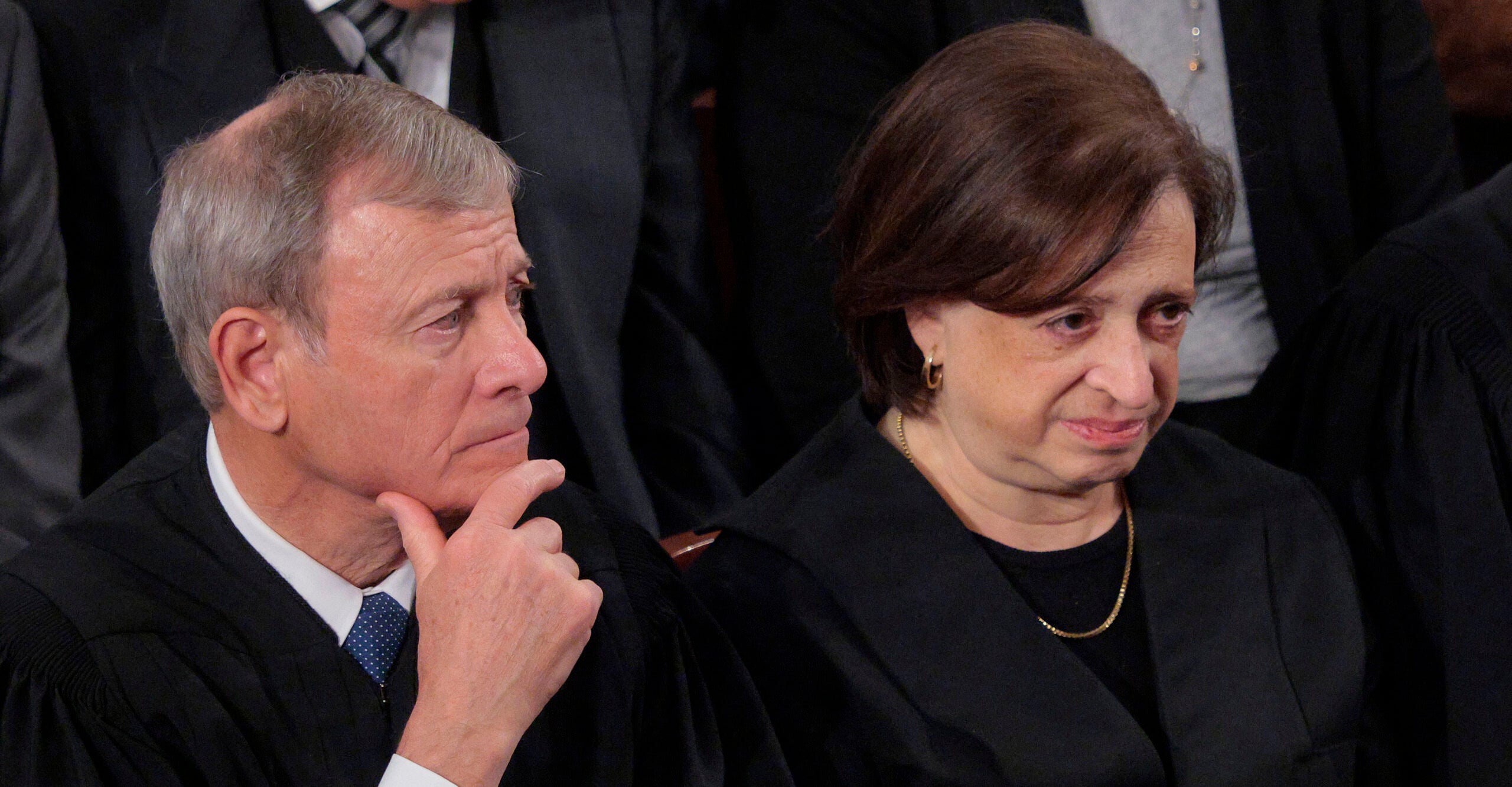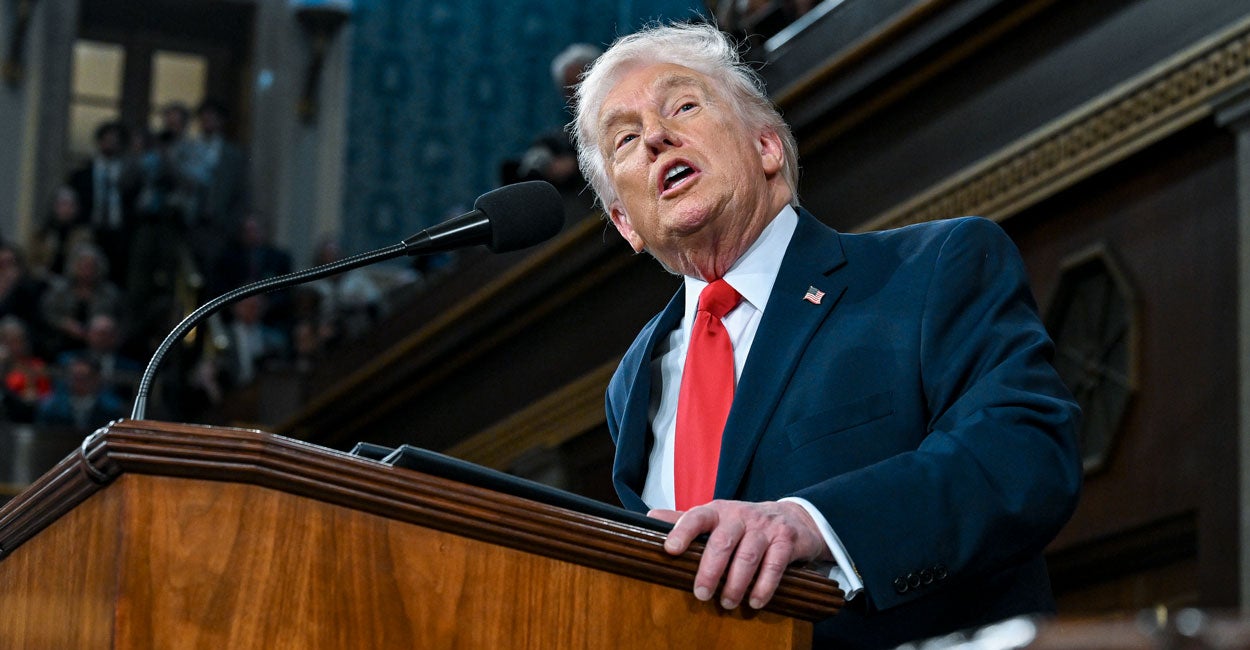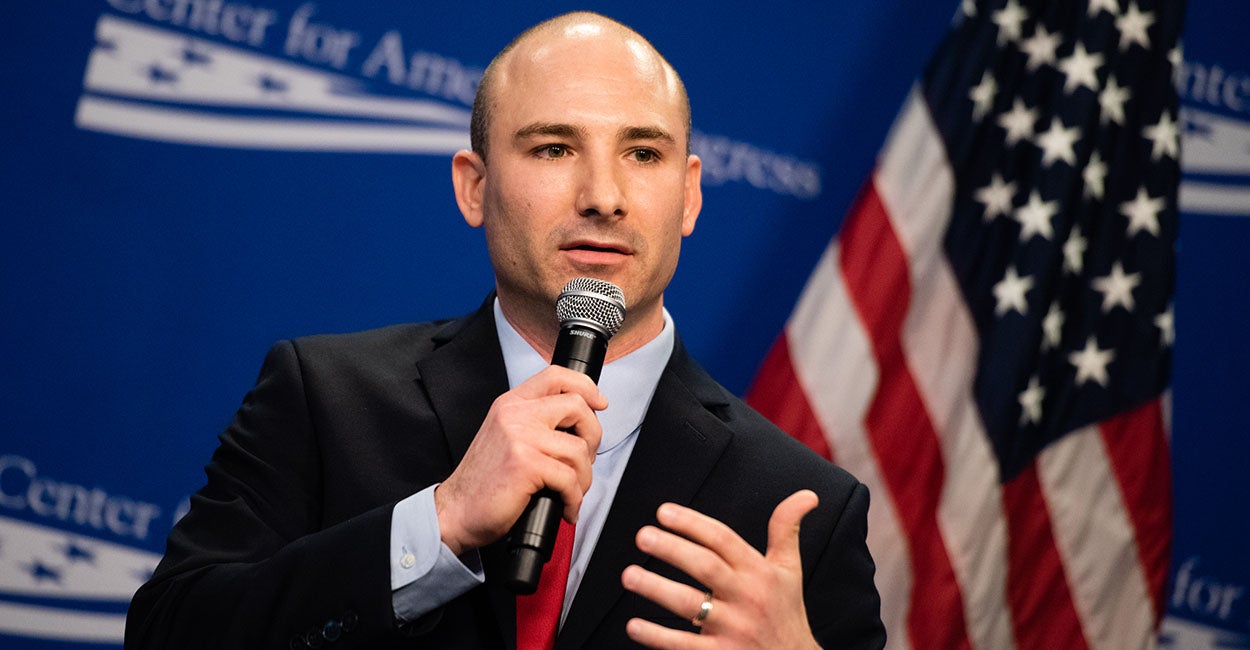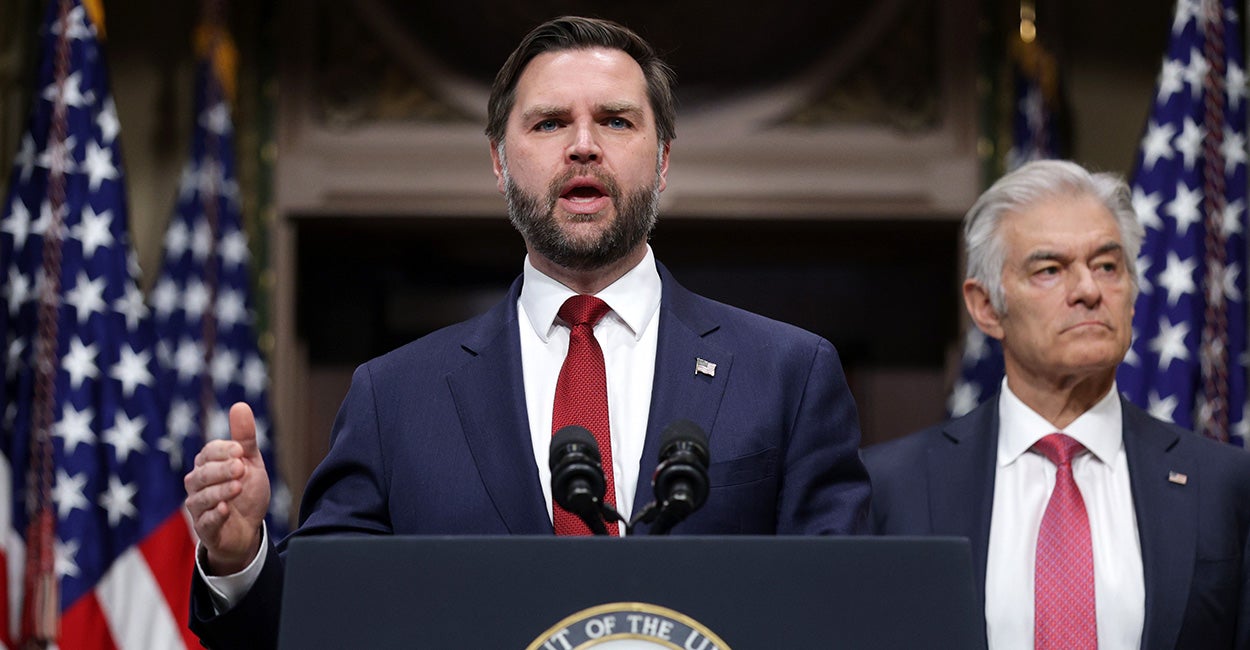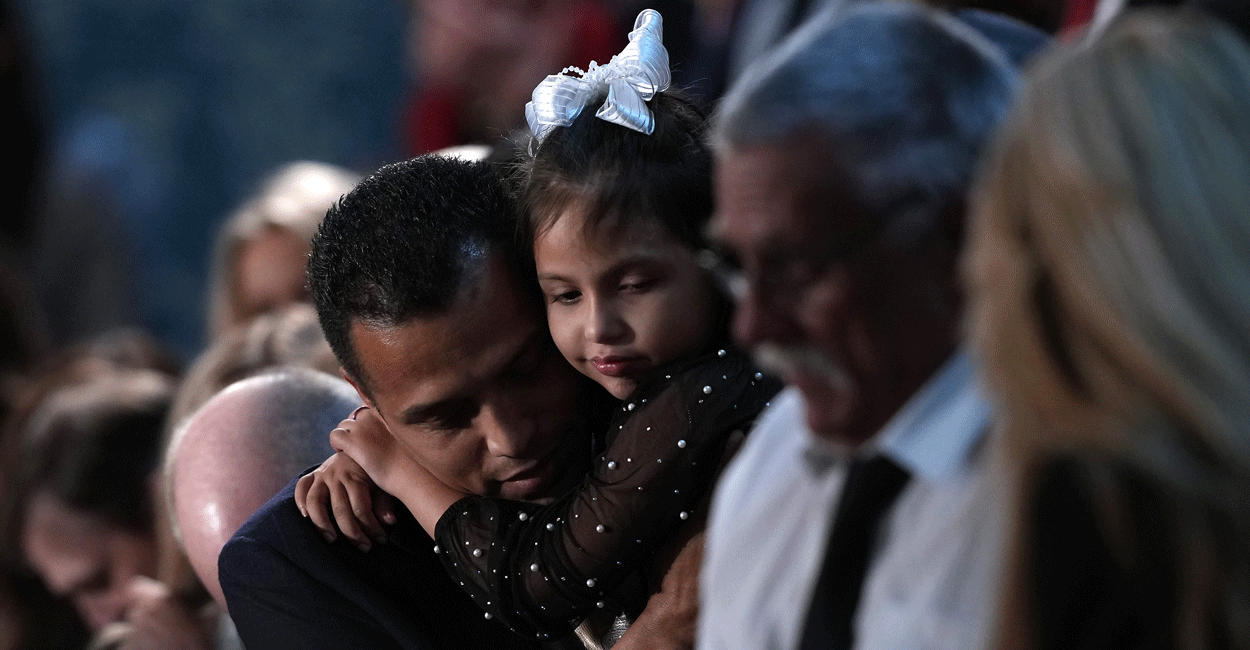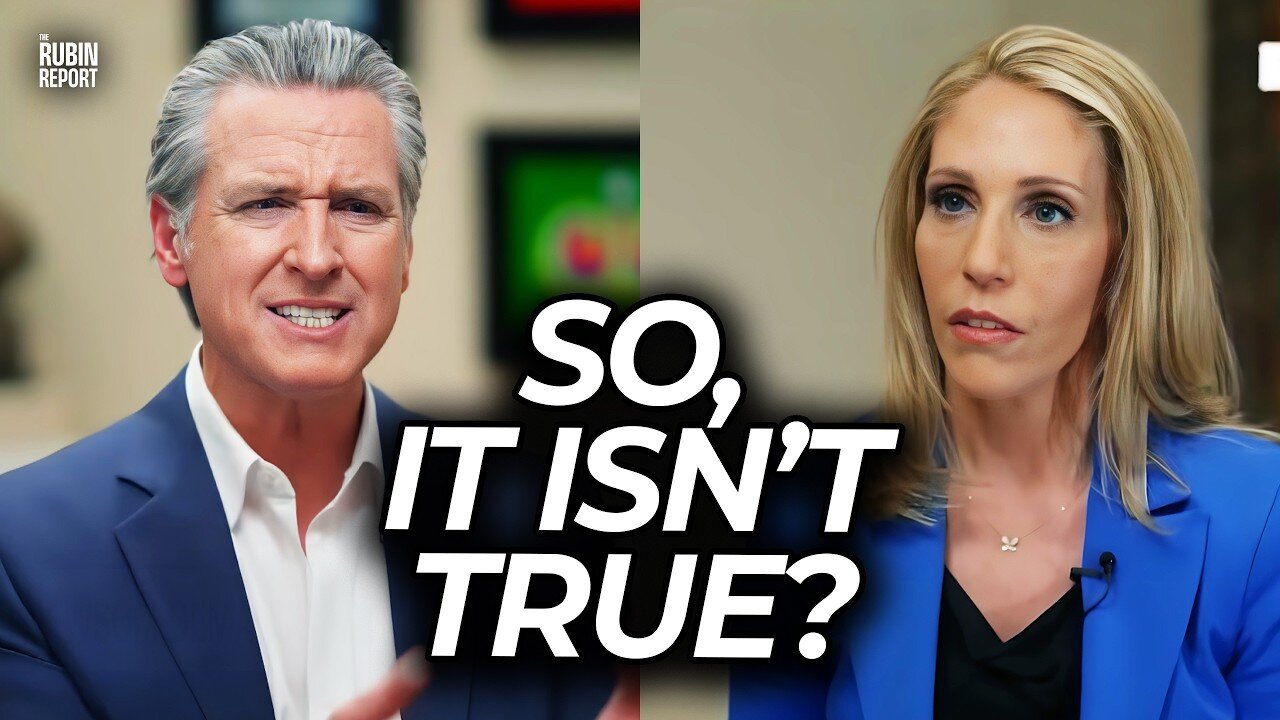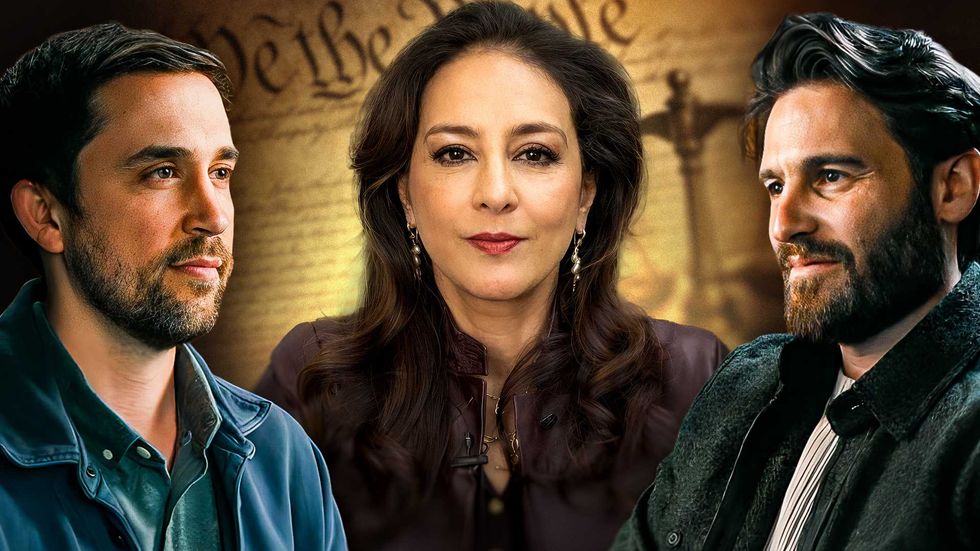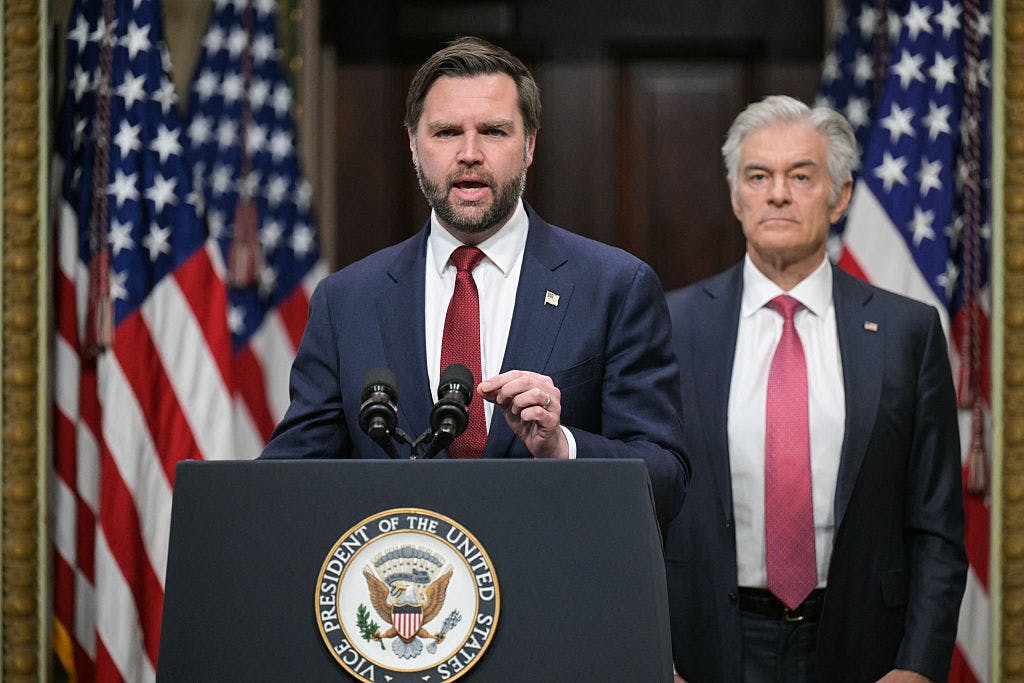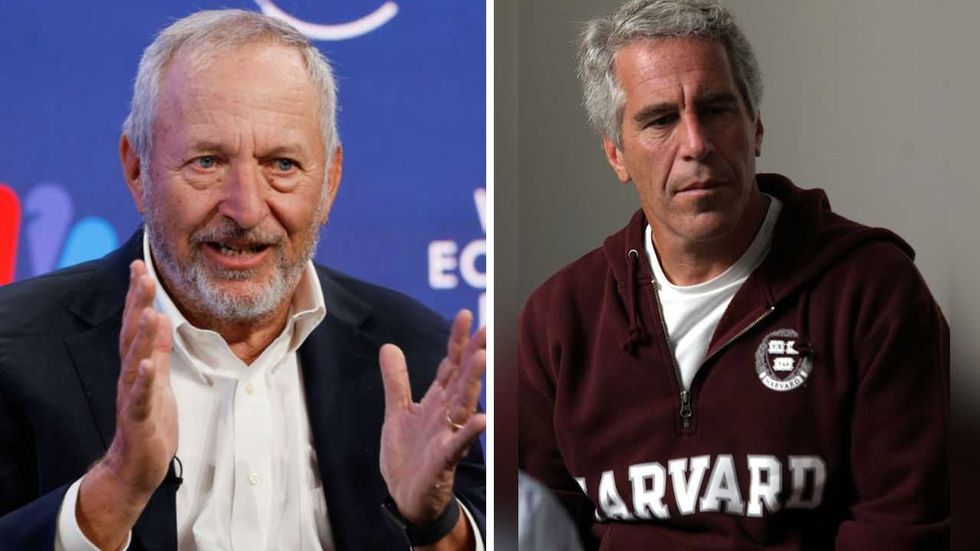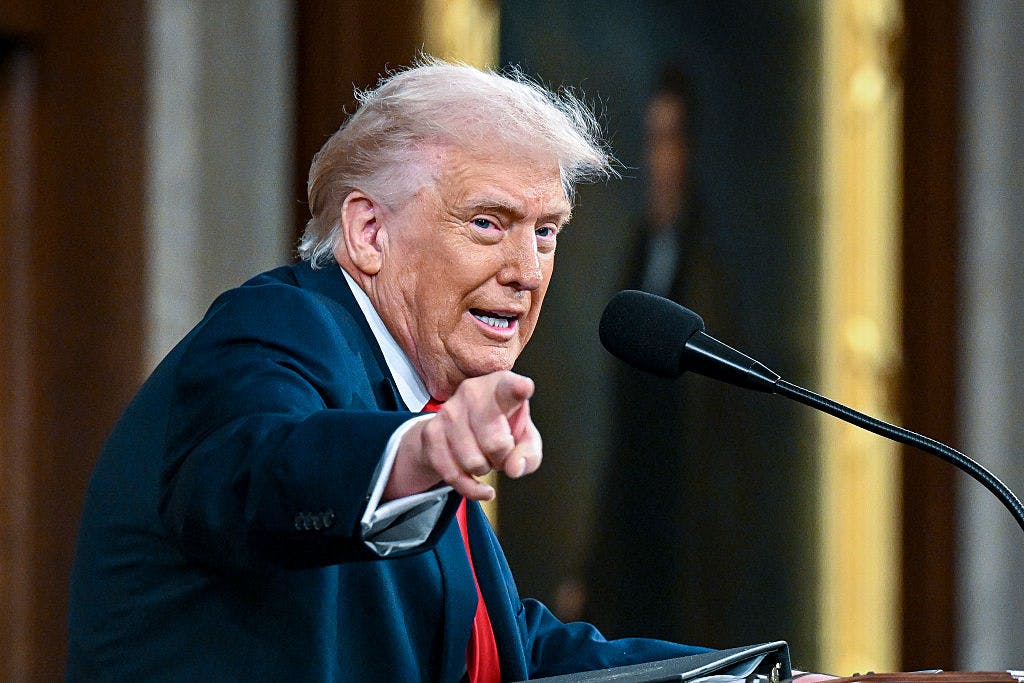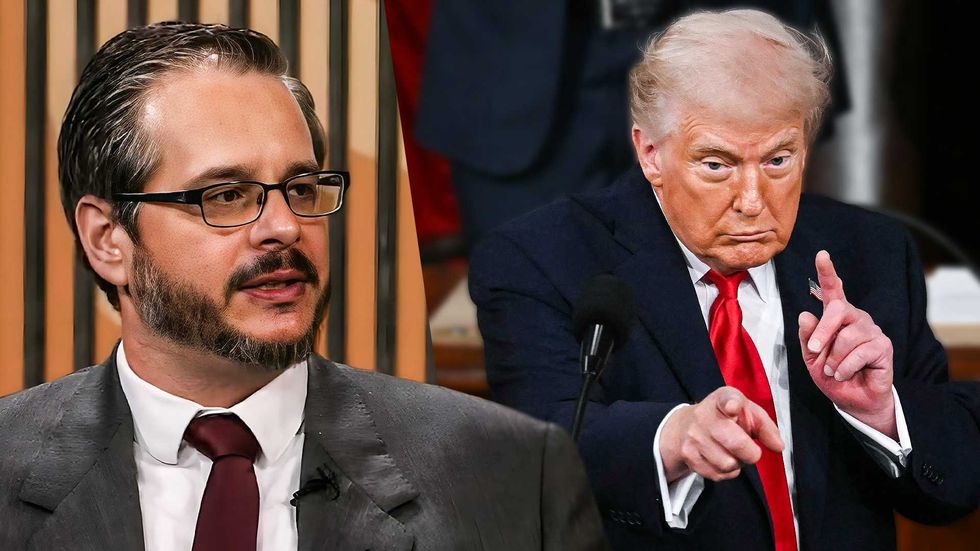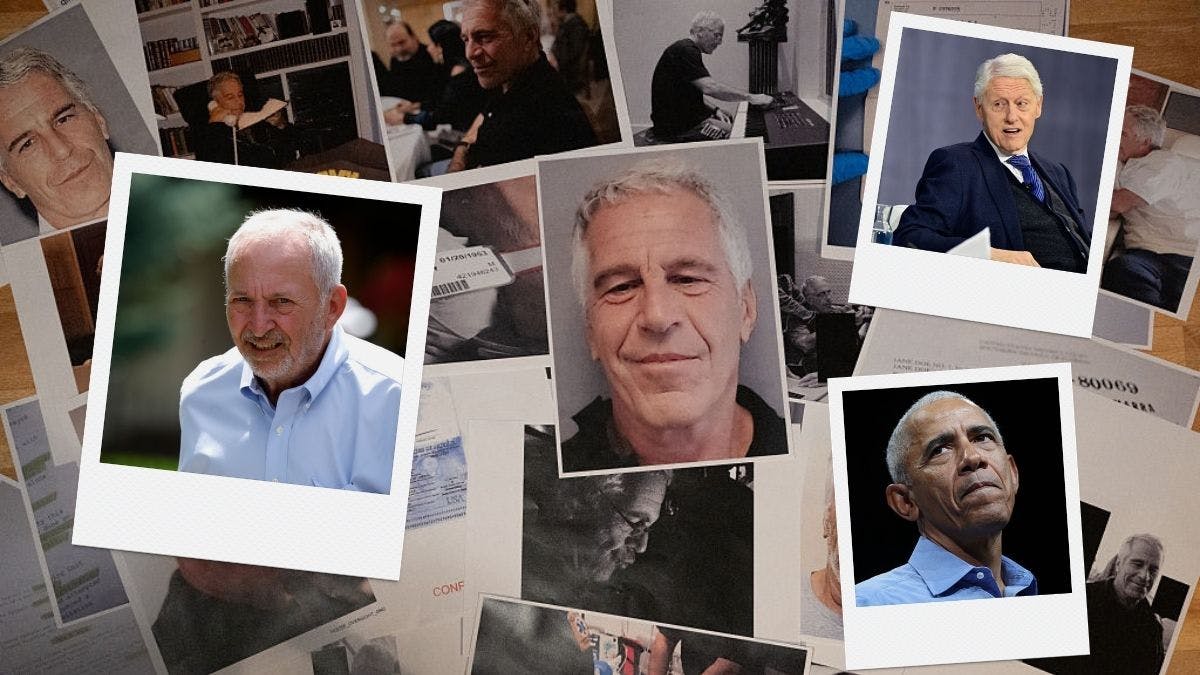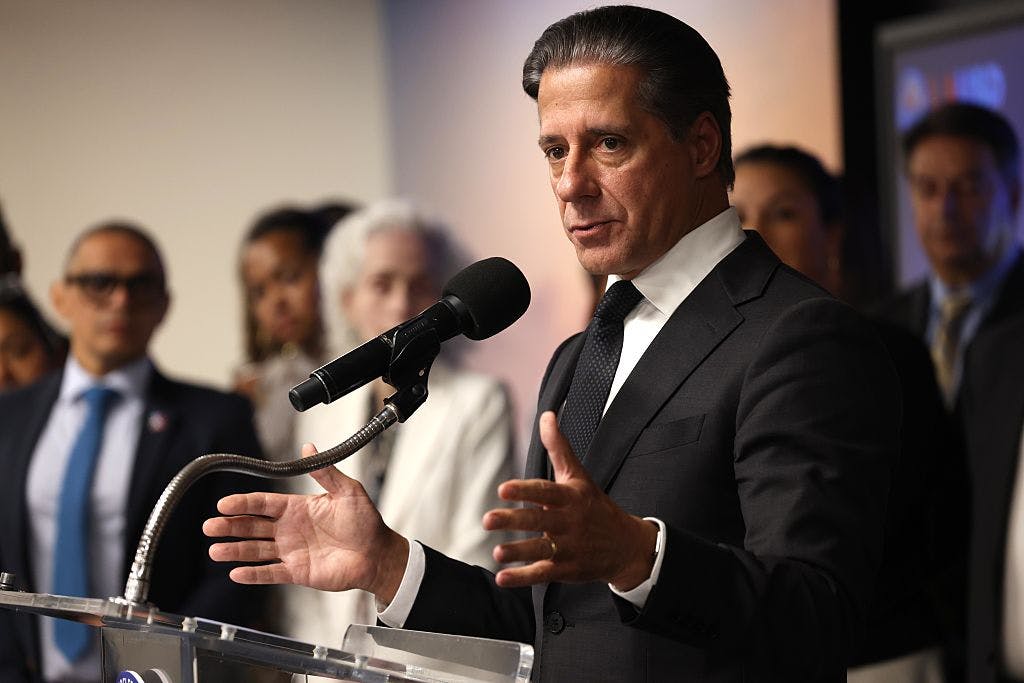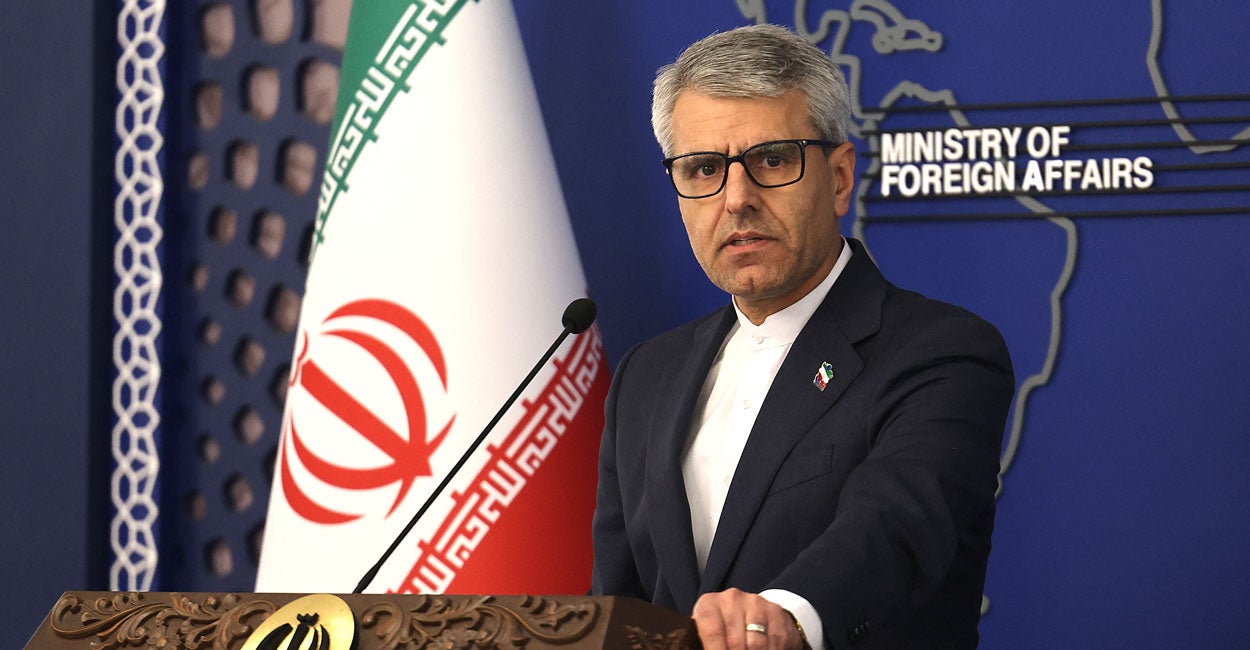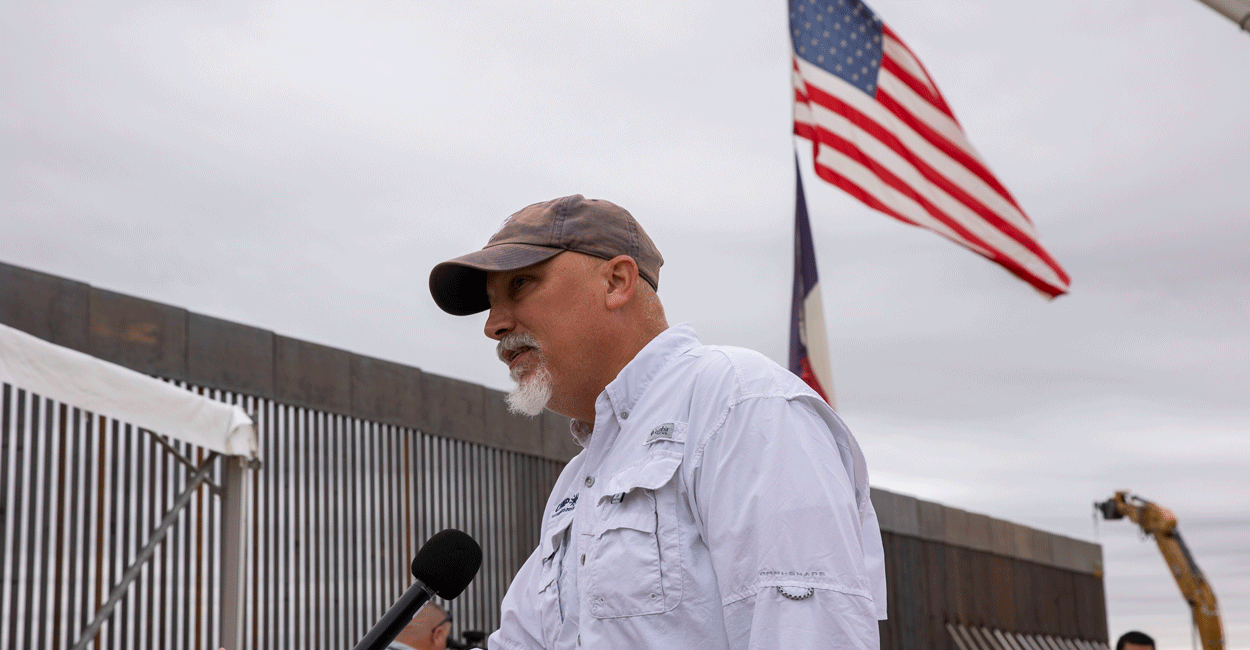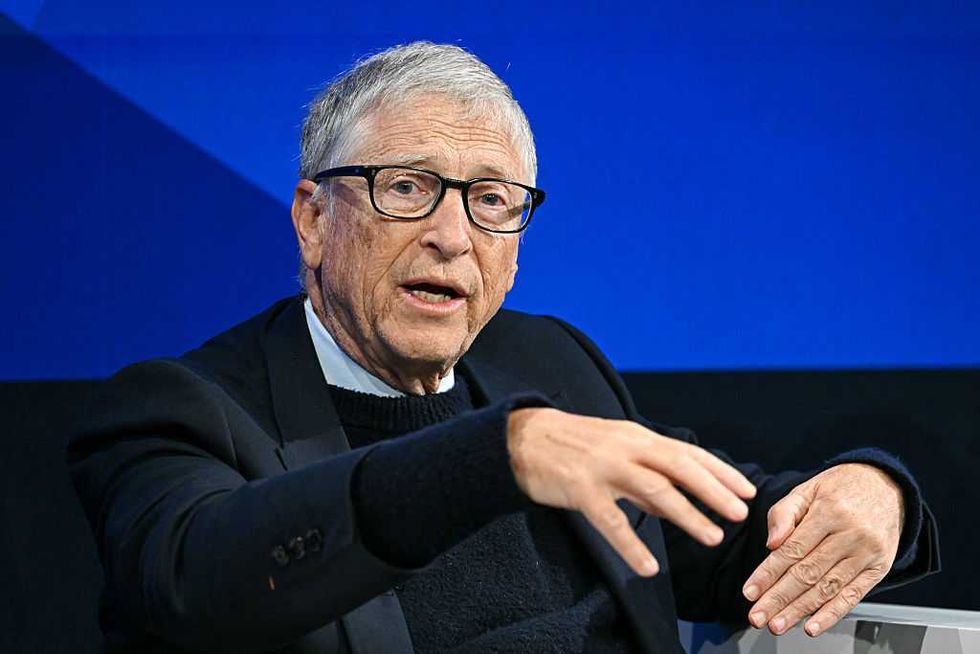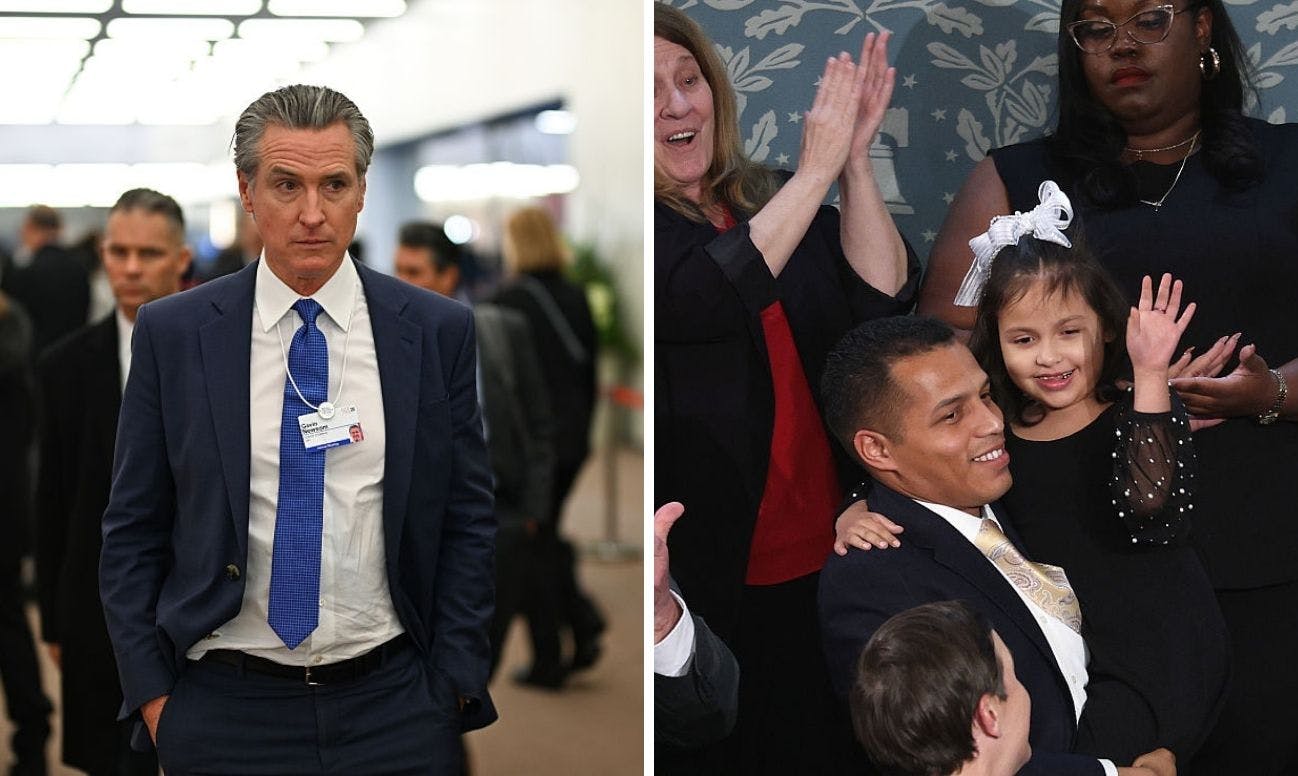The archbishop who drove the gospel out of England
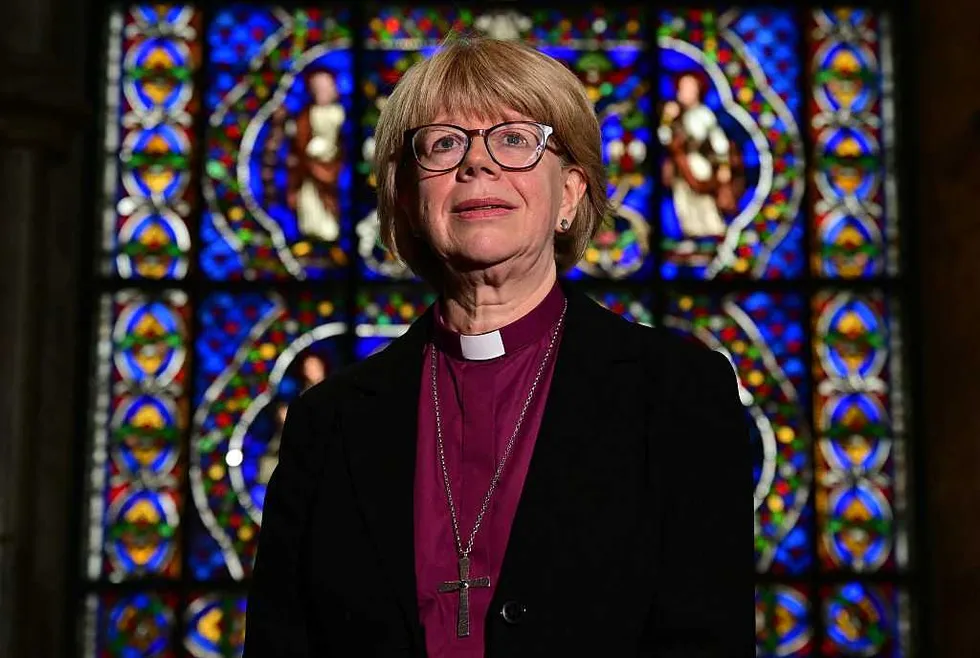
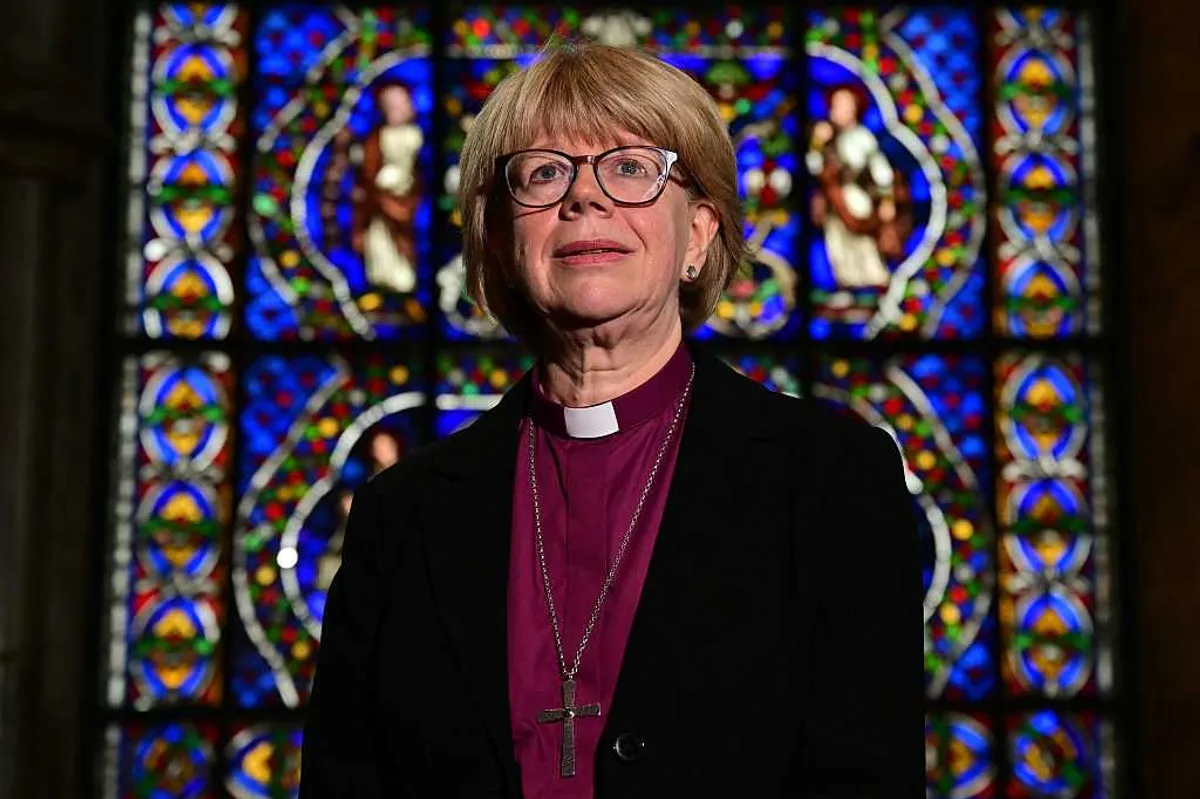
At Arizona State University, where I teach, faculty were recently told to “decolonize our curriculum.” On the surface, the directive sounded progressive: Expose power structures, elevate marginalized voices, and promote inclusion. But a closer look revealed something deeper.
Live Your Best Retirement
Fun • Funds • Fitness • Freedom
“Decolonization,” as defined by many academic theorists, has less to do with confronting material exploitation and far more to do with dismantling the Christian worldview itself.
Leftists celebrate the new archbishop as a victory for progress. Yet the victory coincides with the collapse of the church that achieved it.
In today’s universities, decolonization has become a framework for deconstructing Western civilization — its moral assumptions, its epistemology, and, most of all, its biblical foundations. The movement borrows heavily from Marxism: Everything becomes a struggle between oppressors and oppressed, and redemption comes not through faith but through revolution.
Christianity has long condemned greed, injustice, and oppression. It calls for compassion, justice, and humility. The biblical ethic already provides a moral standard against exploitation. What “decolonization” targets, then, is not exploitation itself but the very source of the Christian moral order: creation, sin, redemption, and divine authority. Strip those away, and what’s left is a vacuum quickly filled by ideology — Marxism, postmodernism, or nihilism disguised as liberation. Think Antifa in the ivory tower.
The church follows the university
That same dynamic now defines the Church of England. The recent appointment of Sarah Mullally as archbishop of Canterbury — the first woman ever to hold the title — was heralded as a triumph for “equity” and “representation.” Yet the decision has fractured the Anglican Communion. Churches in Africa and the Global South have declared they will no longer recognize Canterbury’s authority.
Their leaders insist the move abandons biblical teaching: The pastoral office, they say, is reserved for men — not as a symbol of domination but as a form of service patterned after the Old Testament priesthood and Christ Himself. Scripture, not patriarchy, defines this calling.
The irony is painful. The very church that once sent missionaries to Africa now lectures African believers on theology — in the name of “decolonization.” British progressives who claim to defend the oppressed now reject the self-governing authority of African churches, imposing instead a white, European moral framework they no longer believe in.
The logic of ‘liberation’
The academic rationale behind this mirrors what I see on campus. In decolonization theory, patriarchy is treated as a system of control, and dismantling it becomes an act of liberation. But the Christian vision of leadership never equated masculinity with power. It defined male pastoral authority as a burden of service, not a privilege.
This distinction matters. In pagan antiquity, priestesses wielded ritual power at Delphi and other shrines, while biblical religion defined priesthood in terms of obedience and sacrifice. Christianity’s inheritance of that pattern was countercultural — not oppressive. To erase that distinction under the banner of equality is to mistake service for subjugation and hierarchy for injustice.
The irony of ‘progress’
Leftists celebrate the new archbishop as a victory for progress. Yet the victory coincides with the collapse of the church that achieved it. Attendance across England has cratered; belief is evaporating. The light they claim to be spreading has gone out.
Meanwhile, Christianity burns brightly in the very regions now scolded for their “backwardness.” African churches remain faithful, growing, and theologically vibrant — a continuity stretching back to Augustine of Hippo, the African theologian whose writings shaped European Christianity for a millennium.
RELATED: The castration of Christendom
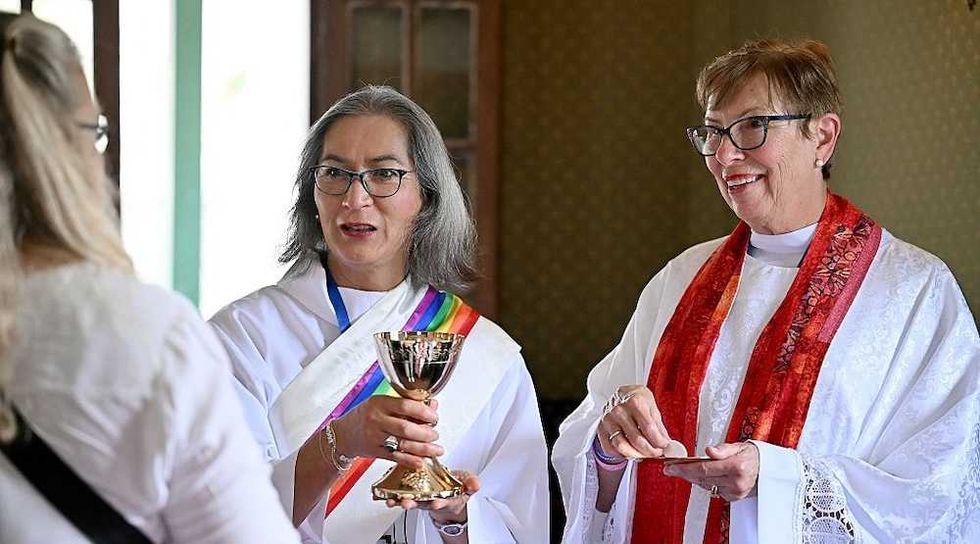 Photo by FILIPPO MONTEFORTE/AFP via Getty Images
Photo by FILIPPO MONTEFORTE/AFP via Getty Images
If decolonization truly sought to redistribute power, it would look to Augustine’s model: a church grounded in scripture, not ideology; global, not provincial; rooted in divine order, not social theory.
The lesson
When my university asks me to “decolonize” my teaching, I ask in return: into what? If the answer is Marx, Freud, or Foucault — the very European thinkers who replaced faith with power analysis — then the process is just another colonization under a different name.
But if the goal is to return to the Bible’s vision of creation, fall, redemption, and service under Christ, then by all means, decolonize. Reclaim what ideology stole. Because the alternative is what we now see in England — a church that traded revelation for relevance and ended up preaching nothing at all.
Christians should take heed: The light leaving Canterbury won’t stay confined to England.
Originally Published at Daily Wire, Daily Signal, or The Blaze
What's Your Reaction?
 Like
0
Like
0
 Dislike
0
Dislike
0
 Love
0
Love
0
 Funny
0
Funny
0
 Angry
0
Angry
0
 Sad
0
Sad
0
 Wow
0
Wow
0
